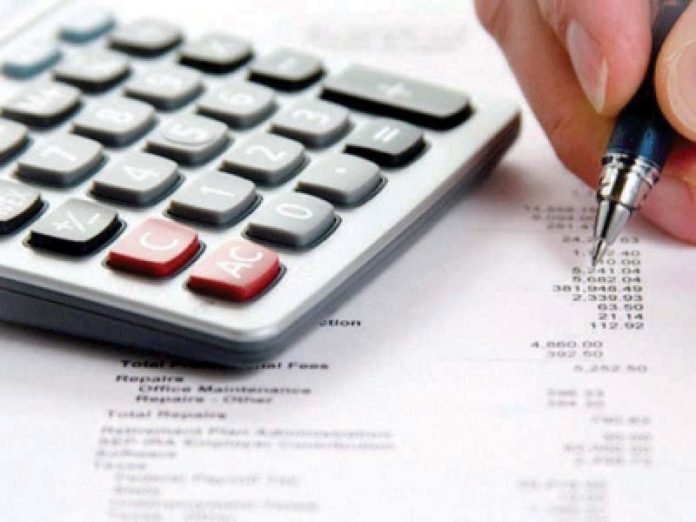The government budget for 2022-23 was released, with a total expenditure of Rs9,502 billion.
Table of contents
Here are the key features of the budget:
Miftah Ismail announced a 15% raise in government employee salaries in Budget 2022-23, as well as the consolidation of adhoc allowances.
Agriculture:
According to the Finance Minister, Rs21 billion has been set aside to increase agriculture and livestock productivity. He stated that the Ministry of Food Security, in consultation with the Planning Commission and the provinces, has developed a three-year growth strategy.
Tax:
The government has exempted persons earning up to Rs100,000 per month from paying income tax in the fiscal year 2022-23, up from Rs50,000 last year.
The latest budget is a jumble for the salaried income group, as the government reduced tax rates and the number of slabs while eliminating available credit through the elimination of the deductible allowance for debt profit and tax credits for investments in stocks, health insurance, and pension funds.
In addition, the government has updated the list of income tax brackets for salaried workers. There were formerly 12 slabs, but there are currently only seven.
- For annual incomes less than Rs600,000 (below Rs50,000 per month)
- For a yearly income of Rs600,000-Rs1.2 million (Rs50,000 to Rs100,00 per month).
- For annual earnings of Rs1.2m-2.4m (Rs100,000 to Rs200,000 per month)
- For annual earnings of Rs2.4m-3.6m (Rs200,000 to Rs300,000 per month)
- For earnings of Rs3.6m-6m (Rs300,000 to Rs500,000 per month)
- For annual earnings of Rs6m-12m (Rs500,000 to Rs10,00,000 per month)
Income tax is not to be paid on persons earning between 0 and Rs600,000 per year unless they make more than $12 million per year (more than $100,000 per month) (where income from salary exceeds 75 per cent of taxable income). Those earning between Rs600,000 and Rs1.2 million would have a modest amount of Rs100 deducted each year.
Employees earning more than Rs1.2 million per year but less than Rs2.4 million will be charged 7% of the amount beyond Rs1,200,000 in the third slab.
An employee earning Rs1,400,000 per year will be charged 7% of Rs200,000 in taxes (Rs1,400,000 minus Rs1,200,000 since that is the amount exceeding Rs1,200,000).
According to the government’s most recent budget resolution, small business earnings should be taxed at a rate of 20%, banks at 42%, and connected enterprises at 29%.
National Youth Commission:
In addition, the Finance Minister announced the formation of a National Youth Commission to assist young people in realizing their full potential. He mentioned that several ideas for the youth have been proposed. He remarked that a concerted effort is being made to strengthen the role of educated youth in the country’s development. He claims that the youth employment plan will result in over two million work opportunities.
Key allocations in Budget:
Rs1,523 billion allocated for defence
Rs800 billion allocated for Public Sector Development Program (PSDP)
Rs699 billion allocated for targeted subsidy
Rs364 billion allocated for Benazir Income Support Program (BISP)
Rs64 billion allocated for Higher Education Program
Rs25.99 billion allocated for Atomic Energy Commission
Rs24 billion allocated for Health
Rs21 billion allocated for Benazir Nashunuma Program
Rs11 billion allocated for Agriculture
Rs10.12 allocated billion for food security
Rs9.60 billion allocated for Climate Change
Rs530 billion allocated for pension funds
Rs3.46 billion allocated for Maritime Affairs
Tax Summary:
The government hiked the bank tax rate from 39 percent to 42 percent, increased capital gains tax to 15 percent if assets are sold within a year, and increased withholding tax to up to 5%.
Taxes on Behbood Saving Certificate and Pensioners Benefit Account to be dropped to 5%
Advance tax to be increased on cars above 1600cc
Taxes will be levied on foreign nationals doing business in Pakistan.
Small-scale sellers will be subjected to a levy ranging from Rs3,000 to Rs10,000, which will be collected through their electricity bills.






[…] Everything you need to know about the Budget 2022-2023 […]
[…] Everything you need to know about the Budget 2022-2023 […]